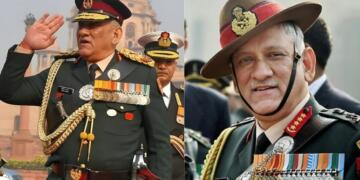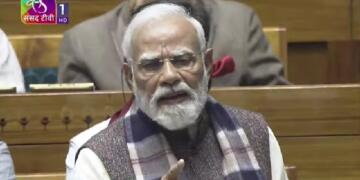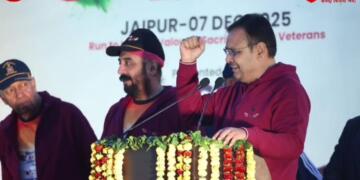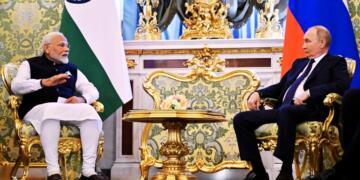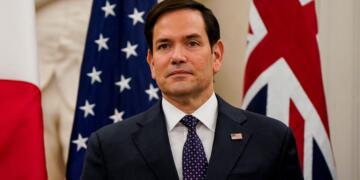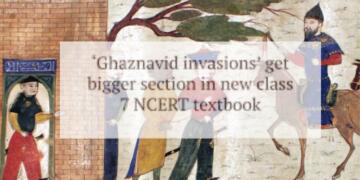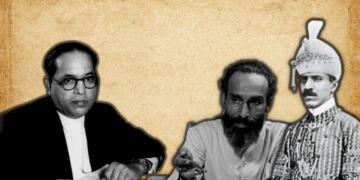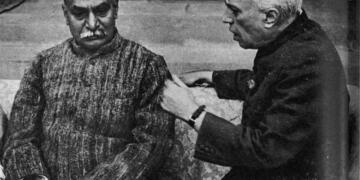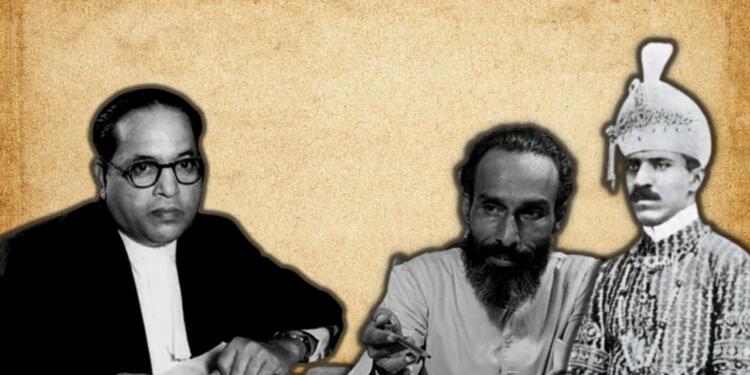Dr. Bhimrao Ambedkar is a name that stirs strong emotions from people across the spectrum. Some revere him with unwavering devotion, while others harbor deep-seated resentment. In the vast expanse between these extremes, there is seldom room for middle ground.
Yet, beyond the heated politics surrounding caste issues, there are moments when Ambedkar transcended these divides for the greater good of Bharat, and one such instance was his role in the integration of Hyderabad into the Union of Bharat.
As 1947 drew to a close, most major provinces in Bharat had either joined the Union or were in discussions with the Ministry of States, under the stewardship of Sardar Vallabhbhai Patel, who received invaluable assistance from VP Menon, the Principal Secretary at the time. However, three states proved to be persistent thorns in the Union’s side: Kashmir, Junagadh, and Hyderabad.
Among these, Hyderabad stood out as the largest and most volatile state. Unlike Kashmir, where Muslims were in the majority, Hyderabad was home to a Hindu majority, with a significant population speaking Telugu and Marathi, along with some Hindi and Kannada speakers.
Despite this diverse linguistic landscape, the ruling Nizam Shahi showed an unwavering preference for Urdu. The de facto power rested not with the titular Nizam, Mir Osman Ali Khan, but with Qasim Rizvi, a rabble-rouser who led the Razakars, whose principles would later pave the way for the formation of the All India Majlis-e-Ittehad-ul-Muslimeen, a party now headed by Asaduddin Owaisi.
By 1946, Hyderabad had become a living nightmare for non-Muslims, especially Hindus. Even the backward castes and tribal communities bore the brunt of a cruel administration. VP Menon himself documented the chilling threat issued by Qasim Rizvi, who vowed to harm the 1.4 crore Hindus in Hyderabad if Bharat made any move to intervene.
Also read: Akbar’s Hindu Love: Truth or Myth!
When Dr. Ambedkar visited Hyderabad, he recognized that the Islamists here posed a significant threat to the Union of Bharat, especially to the members of his community. He found support from local branches of the Scheduled Castes Federation, led by Bhausaheb More, who believed in overthrowing the Nizam’s autocratic rule and establishing a democratic government.
Ambedkar consistently emphasized that the backward castes should actively participate in liberating Hyderabad. He asserted that supporting forces opposed to Bharat would only worsen their situation. This stance is corroborated by Dhananjay Keer, Ambedkar’s biographer, in his work, “Biography of Dr. Babasaheb Ambedkar.”
While it’s undeniable that Ambedkar held preconceived notions about the caste system that haven’t gained universal acceptance, he was not a man willing to betray his nation for the sake of his community’s interests. His actions in Hyderabad demonstrate his commitment to the broader cause of Bharat.
Dr. Bhimrao Ambedkar’s legacy is marked by extremes of devotion and hatred, primarily due to his advocacy on caste issues. However, in the case of Hyderabad’s integration into the Union of Bharat, he set aside these differences and worked for the greater good. In a tumultuous time when communal tensions ran high, he understood the gravity of the situation and supported the cause of liberation from oppressive rule. This aspect of Ambedkar’s life highlights his commitment to the nation’s well-being, even as he grappled with complex questions of caste. His legacy, therefore, is not easily distilled into simple categories but remains a complex and enduring part of Bharat’s history.
Sources:
The Integration of Indian States, by VP Menon
The Biography of Dr. Babasaheb Ambedkar, by Dhananjay Keer
Support TFI:
Support us to strengthen the ‘Right’ ideology of cultural nationalism by purchasing the best quality garments from TFI-STORE.COM



